CRTC chair says low prices are hard to sustain
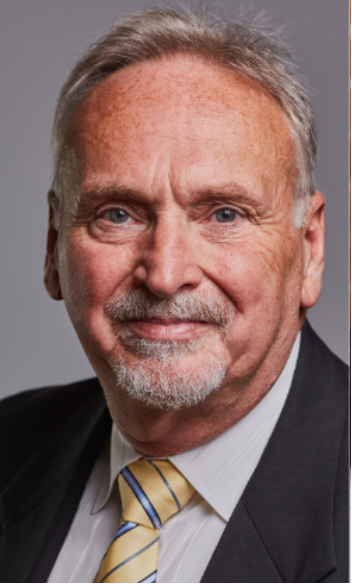

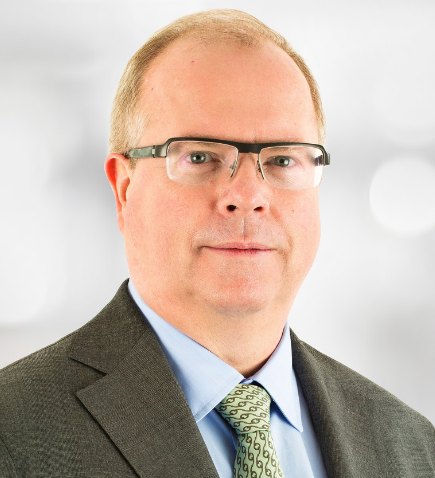
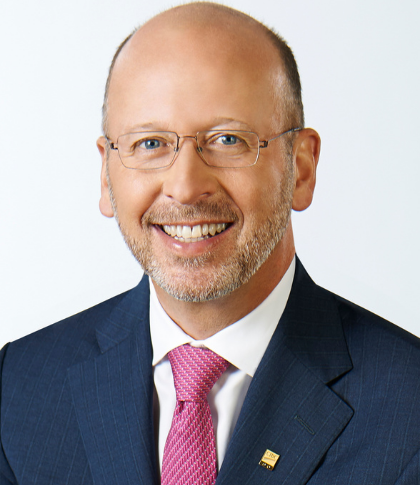
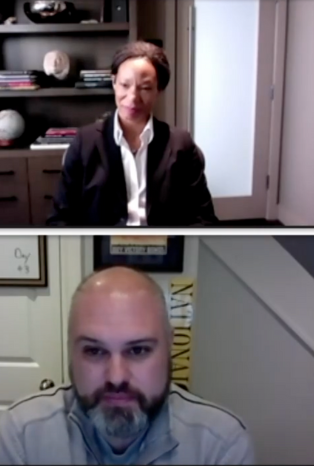
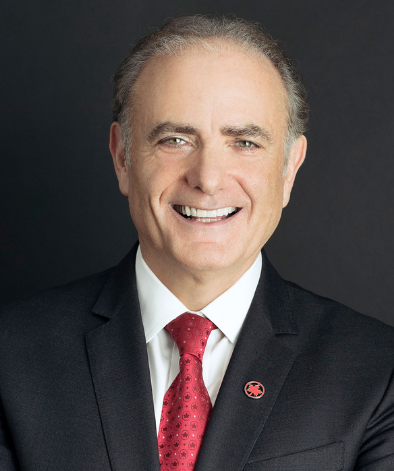
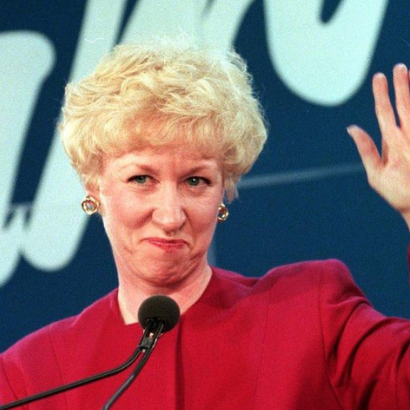
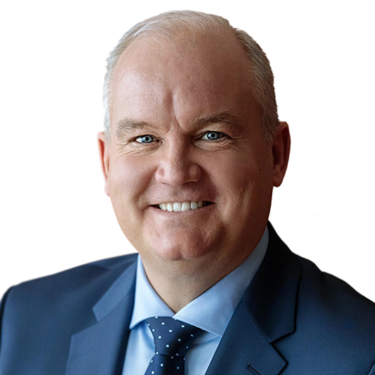
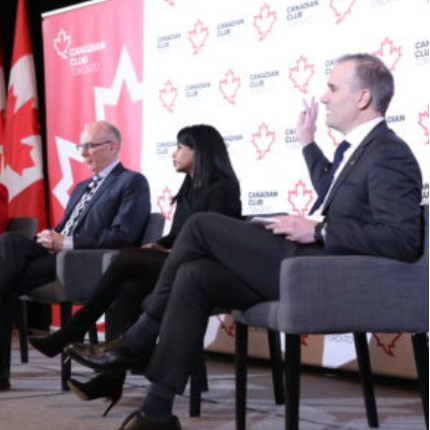
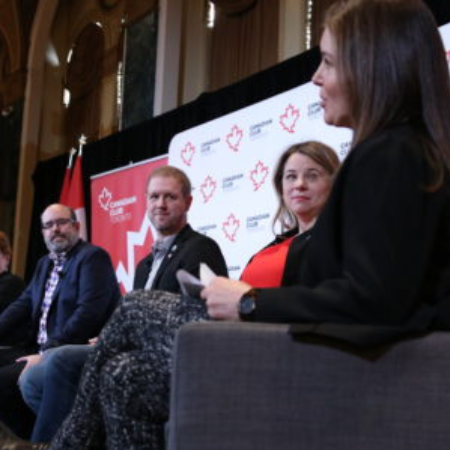
The creative team behind the Broadway sensation “Come From Away” took the Canadian Club Toronto stage on December 13, 2017 to accept the “2017 Canadians of Year” award.
Host and Canadian Club Director, Bruce Sellery, kicked off the luncheon by reminding the audience of the mission of the Club: to engage Canadians on what matters most. “And art matters. Art really, really matters.” He spoke to how wonderful it is to hear from business and political leaders from around the globe, but also how important it is to have arts and culture leaders on the stage. He then introduced the panel: Irene Sankoff & David Hein (Writers/Composers), Sue Frost & Randy Adams (Producers) and Christopher Ashley (Director).
CBC radio broadcaster Gill Deacon took over as moderator for the afternoon, and began by asking Sankoff about the roots of the show. Sankoff and Hein were working on another musical (“My Mother’s Lesbian Jewish Wiccan Wedding”), when they met lawyer/producer Michael Rubinoff, who gave them a book that would later be the basis for Come From Away. This was when they first understood the extent of what had happened in Gander, Hein said. When they heard that there would be a 10th anniversary commemoration in Newfoundland, they immediately applied for and received a grant from the Canadian Council for the Arts, and flew out to join in.
Deacon pressed further: “What was it that made you say, let’s go for it?” Sankoff answered simply: there was just something extraordinarily good here. With all of the atrocities and negativity and evil in the world, it’s important to shed light on things like this, she said.
Deacon’s question about connecting to people in Gander brought on all sorts of stories about small-town, homegrown kindness. What started as a post on a Facebook group looking for leads, lead to Sankoff and Hein staying with one of the storyteller’s fathers, and subsequently, watching his house and feeding his cats. Hein elaborated, saying that what they came to look for was a little different. While the press was crawling all over town looking for “five second sound bytes”, the couple was there to capture the entirety of each story for each drop of depth and truth. But through this process, they found lifelong friends who insisted on feeding them and submerging them in Newfoundland culture and customs.
The attention then turned to the producers, with Deacon asking Frost about her initial involvement. Frost and Adams met the couple when their produced tour of Memphis came to Toronto, and they heard some “nice Canadian writers” needed some advice. They actually met with Sankoff and Hein the morning that workshop rehearsals were slated to start for the show at Sheridan. After detailing their plans to write “Come From Away”, a show that dealt with a topic like 9/11, Frost had only 4 words: “Good luck with that.” The next thing they knew, they were watching a 45 minute presentation of it at a festival, and fell in love with it. Adams jumped in, saying that they knew it was going to require a lot of work, but they were so captivated by the people and their energy. “We have no idea what to do, but we love this and want to be a part of it.”
“Is there a Canadian-ness to it? Or is it universal?” asked Deacon. Frost was quick to respond that it was universal because “there was humanity to it.” Adams followed up, sharing that his upbringing in a small Ohio town felt reflected by what was happening on stage. Director Ashley agreed, saying that the way Sankoff and Hein were able to portray this small town feeling without being condescending resonated with him and felt truthful. He revealed that he had been in New York City when the terrorist attacks took place, and him and many others felt a lot of unresolved rage. When he began the first page of his first read, he felt that rage. But by the time he was done, he felt gratitude and a real feeling of kindness, he said.
Deacon wondered how you strike the right tone with a show that discusses such a devastating and painful topic. “How do you talk about a story like this…but you have people singing and laughing?” she asked. Hein explained that they didn’t want to write a 9/11 show; they wanted to write a “9/12” show. Being in Manhattan during the chaos of that week was heartbreaking, but also revealed the unconditional kindness of so many, he said. It reminded him that everyone was in this thing together, and he saw a lot of what he saw in New York reflected in the story of Gander. Ashley said he knew that the whole team had to go to Gander. Getting to know people gave “a great barometer for how [people] speak and how to capture their truths.” There is something more direct about it, it’s plain-spoken, he said. Adams added: “To this day, these people don’t think they did anything.”
The team was able to put on a performance of the show for the town of Gander. “What was that like?” Deacon asked. Hein described it as life changing. There was the unique opportunity to allow your cast to meet the people that inspired their characters and bring it full circle, he said. “This was an experience of reflecting an entire town’s culture back to them.”
Deacon asked about the big night: opening on Broadway. Frost explained how they had brought absolutely everyone to New York for opening night, and they all came out to bow on stage. Everyone was dancing and laughing and celebrating, and to top it all off, news broke that the show had been named Critic’s Pick by the New York Times. “We were shocked and thrilled…we knew we deserved it.” Frost laughed.
With that, it was time to move into the Q&A portion of the luncheon. The big question on everyone’s minds: “what’s next”? Hein and Sankoff revealed they are hard at work writing the film adaptation of the show, while Frost and Adams are currently in talks with bringing the show international. Ashley is opening the Jimmy Buffet infused musical “Road to Margaritaville”, as well as directing the “Come From Away” film.
“What was the first song or scene you began writing?” Deacon asked. Hein responded that “Welcome to the Rock” was definitely the beginning, but the “you are here” part came later.
An audience member asked about the group’s experience with Newfoundland music and its effect on the show, and there was no shortage of stories. Hein grew up on the sounds of the island, and knew that he wanted to infuse “Come From Away” with the distinctive music, though Sankoff wasn’t sold. After attending a kitchen party at a hockey rink in Newfoundland where “The Navigators” played, Sankoff agreed that the show must be musical. Ashley spent three weeks listening to four iconic Newfoundland tracks and learned a lot about the musicianship of that particular kind of music. He laughed that whenever they would use playoff music at the end of the show, no one would end up leaving, and would dance in their seats instead.
Canadian Club Toronto President-Elect Andrew Graham took the stage to close the event and present the Canadians of the Year Award to Sankoff and Hein. “I come to these lunches expecting to leave smarter about a topic, and I certainly got that today, but it’s rare to have such a heartwarming discussion.” Graham beamed. To the sound and sight of the entire room on their feet, Sankoff and Hein accepted the beautiful crystal award. Graham finished by reading a statement from Michael Rubinoff, who was unable to attend the event: “I want to thank everyone on stage today that brought the show to life along with the hundreds of dedicated artists and students that gave their heart and talents to this show.”
It’s no wonder “Come From Away” has enjoyed the kind of success it has seen. In years that have seen so much heartbreak and terror, and carry a feeling that nothing may ever be right again, we still find ourselves laughing. Singing. Dancing. The presence of art and music, and the willingness of people to tell their stories, allow us to escape from the world, even just for a little while. And stories like this one, where something that seemed small, turned into something huge, reminds us that nothing we do is insignificant and there’s nothing stopping us from doing something to better our tomorrows.
Happy Holidays and all the best wishes for a glorious 2018 from all of us here at Canadian Club Toronto!
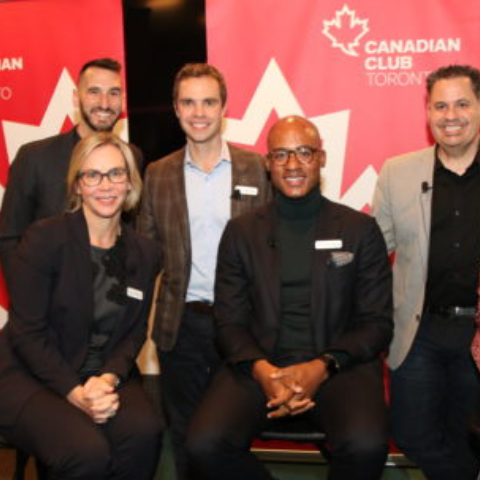
“The Power of Networking”, Canadian Club Toronto’s panel on making connections to build career pathways, took place on November 14th, 2017. Gillian Riley (EVP, Canadian Commercial Banking, Scotiabank), Andrew Graham (CEO, Borrowell), David Simmonds (VP Enterprise Strategy, McKesson) and Pam Warren (Partner, Egon Zehnder) took part in the event hosted by Director Jake Hirsch-Allen at LinkedIn Canada headquarters. Perry Monaco, Head of Customer Success at LinkedIn joined as the moderator for this evening event.
Hirsch-Allen opened by reminding the crowd of the long-held wisdom we’ve heard one time or another: It’s not what you know, it’s who you know; generally, anyway. A self-described “hyperactive networker”, Hirsch-Allen found his home at LinkedIn helping users make powerful connections that advance their careers and pathways. After introducing the panel and saying a few words about what success in networking can lead to, Monaco took the reins.
Monaco recalled his first meeting with Hirsch-Allen as an example of how our pathways can be very linear, or full of “zigs and zags” – the latter applying to Hirsch-Allen who left law to join the networking site. He then posed the same question to the panel: “What was your career path like?” Was it meticulously planned or did it also have zigs and zags? Simmonds, Vice President of Enterprise Strategy at McKesson, was first to answer. Coming from a Jamaican immigrant family, becoming a professional of some sort was expected, he said. “My mother still has my law school admission letter in a shoebox.” Taking a job with Navigator the summer before heading off to school invigorated new passions, and the Chairman of the company at the time encouraged him to follow his heart or risk wasting his time. Following his original path and venturing into new worlds were both risks, he acknowledged, but ultimately lead to his success. Warren chimed in, saying that her parents’ belief in her allowed her to explore her career path along the way. She stressed the importance of listening to the “what about’s…?” and being willing to learn and get exposure. The freedom to explore and to have the support to back it up is something she hoped to pass onto her children.
Monaco kept the ball rolling, asking the panel to name the best connection they’ve ever made. Riley had didn’t zero in on one person specifically, but gave credit to anyone who had ever challenged her to work outside her comfort zone and to the people who gave objective advice and feedback. Graham named friend and co-founder of Borrowell, Eva Wong, as someone who is not only an important voice in the tech world, but someone whose skills are directly complimentary to his.
Addressing a common fear of people looking to network, Monaco asked the panel for tips on how to approach someone about getting in touch with their circle without being too “invasive or salesy”. Warren encouraged people to be specific in what they are asking. Instead of a broad plea asking for connections, outline how you think the person on the other end could help you, or ask if they could point you in the direction of a couple different people to chat with, she said. Graham takes a “double opt-in” approach, having those that want to make a connection write an email to the person they would like to be connected with stating why they think it would be a beneficial bridge. Simmonds employed a family favourite phrase: “You should do all the good you can to all the people you can.” He explained that he thinks a lot of people are “obsessed with connection culture” that really only allows for shallow relationships. He prefers to know someone on a deeper level that has common goals when making introductions.
The world of social media has most certainly changed the way we network, Monaco said. “In theory, it should be easier.” However, there ends up being a lot of noise. Considering that, he asked about the role of social media and smartphones in networking. Warren, a recruiter by career, shared the fear that a lot of search professionals had about LinkedIn at its conception: it would “disintermediate” their business. As it turned out, the site was a powerful tool. Social media has allowed recruiters to speed up connections and find information on prospective candidates more readily, she said. Riley emphasized the importance of being thoughtful about what you post online. Simmonds agreed, adding: “You can’t correct the record if the source is you…content is king.”
“If you don’t think you have a social media strategy, you’re wrong.” Monaco said bluntly. Your strategy is what people get when they search your name. “…if you don’t know what’s there, you don’t own it.” These results contribute to your personal brand. He then asked the panel for their advice on building this brand. Riley affirmed how important it is to have one, but that it needs to be authentic. It needs to be inclusive of your strengths but also has to differentiate you from others and you need to be able to articulate it quickly and off the bat, she said. Warren echoed this, suggesting that people test their personal brand with people that know and love them. As in, explain what you think your personal brand is and then ask others if they get that sense from you. Graham said that personal branding is important but it means very little if you don’t have something successful to market. Simmonds advice was simple: make sure you are doing a good job at your current place of work before applying elsewhere. Otherwise, you won’t have credibility elsewhere.
After much lively discussion and banter from the panel, the evening veered into Q&A period. The first question concerned how the panel would brand themselves and get connections if the internet wasn’t an option. Riley answered first, saying that she didn’t think it would be much different, as social media is just a tool and good connections can still be made through phone calls and during meetings. Although, she acknowledged it would include more face-to-face interaction. Monaco agreed, sharing that he thinks social media is just an extension of what we should be doing in real life.
Next, an audience member wondered about how those on the panel would feel if a candidate didn’t share their social media handles. Warren shared that she generally searches candidates that she’s excited about immediately, but also that it depends on the role you’re applying for. As a rule of thumb, jobs in industries like public relations, communications and marketing would benefit from a public profile. Riley chimed in, saying she would likely not look at someone’s Twitter feed.
When questioned about how many connections really are enough, Warren’s philosophy is quality over quantity. However, she pointed out that generations behind hers do have to think about numbers in certain industries that demand a large following, like modelling and blogging.
“Are there things people are doing wrong when they reach out to you, when it comes to networking?” asked an attendee. Simmonds referenced advice given earlier, that it is imperative to be specific in what you’re asking. As well, know the difference between a mentor and a sponsor as they can have two very different outcomes. Monaco added his two cents, saying that being disingenuous was the biggest networking faux-pas.
The final question of the night was the culmination of everything that had been said: “Why?” As in, why would a member of the panel go out of their way for someone they’ve never met? Monaco said simply: “Karma.” Riley said she usually helps those that are willing to get and give and those that can help her learn something new. Simmonds was frank, acknowledging that sometimes professionals just need to take a chance on people. He also pressed the importance of looking for talent in “non-traditional communities.”
“The Power of Networking” audience was a mix of people from all walks of the Toronto scene. In a world that is changing and innovating at a rate that is faster than even our smartphones can keep up with, the way we do business is no exception to that. At the end of the day, the running theme of the night was putting the humanity back in making connections. Our willingness to learn and be honest and genuine will spell out continued success in all industries, and will change the way we all work as a whole.
David Simmonds really said it best: “The greatest gift I’ve ever got from two different leaders is the permission to bring my whole self to work…As we work in a different society, we look differently, we sound different, we love differently. Have the courage to bring your full self to the table and if you can’t at that employer and in that environment, then they’re not good enough for you.”
——————————————————————————————————-
If you’d like to know more about Canadian Club Toronto or our upcoming events, find us on Twitter: @CdnClubTO, Instagram: @CdnClubTO or Facebook: Canadian Club Toronto.
Special thanks to our panel for taking the Canadian Club Toronto stage. Thanks extended to Canadian Club Toronto Director Jake Hirsch-Allen for hosting.